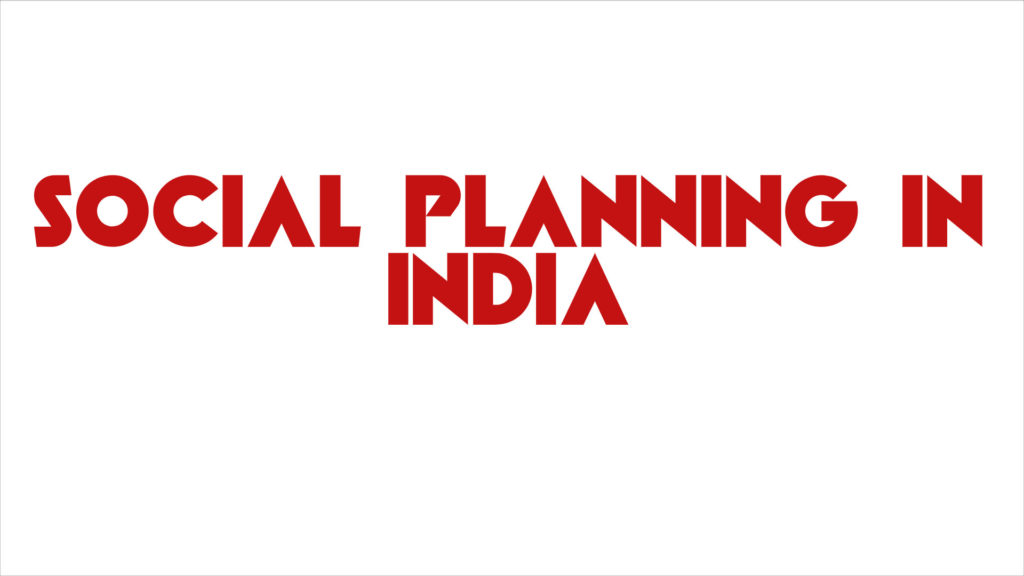
Often Social Policy is a policy for scheduled castes a policy for backward classes a policy for weaker sections, a policy for women, and a policy for children.
Social planning according to W.Arthur Lewis declared making development plans seems to be the most popular activity of the governments of underdeveloped countries since the war and nearly the biggest failure. An index of failure he finds in an absence of correlation between development planning and economic growth.
Approaches to Social Planning:-
A.Watenston defines “Social Planning may be defined in terms of efforts to broaden the scope of development planning through a better formulation of development objectives, the incorporation of new variation into the analysis of the social process”. When the students of development refer to the social aspects as obstacles to development, it is very often the structural and instructions conditions that they have in mind.
Social Planning In India:-
India’s cultural nationalism has been a fact for the last two thousand years or more what was imperfectly achieved was political nationalism i.e. the identification of the people with the state. The contribution of the British rule lay mainly in activating this process. Uniformity of administrative machinery and of laws and access to western nationalism and liberalism through the medium of the English language set in motion forces which created as a sense of identity. The dignity of the individual equality before law scientific outlook these were some of the values that made a deep impression on the minds of the educated classes.
According to Professor Timus social policy represents a summation of acts of government deliberately designed to improve the welfare of the people. The first specific evidence of deliberate design of a section of the population was been found in the fourth plan document when it was observed.
Bureaucracy and Social policy:-
Framing a policy is the domain of the politician. But before any policy-decision is taken by cabinet the en-tours of a problem are drawn by top echelon bureaucrats and alternative solutions with their merits and demerits presented. It may be permissible to say that bureaucracy indirectly but materially influences decision making.
New Challenges to Social Policy:-
The industrial policy is bringing to surface the inadequacies of public enterprises and the conflicts in the joint sector. More than this industrialization has given rise to the so called “economic offenses “such as tax evasion, corruption, black money hoarding conspicuous consumption etc. Urbanization is leading to social misdemeanor such as eve-teasing call girl system to apart from the traditional traffic in women and children. There is a perceptible rise in crime juvenile delinquency child neglect etc. All these social disorganization elements do not seem to be capable of being effectively handled through the traditional planning process and administrative techniques.






